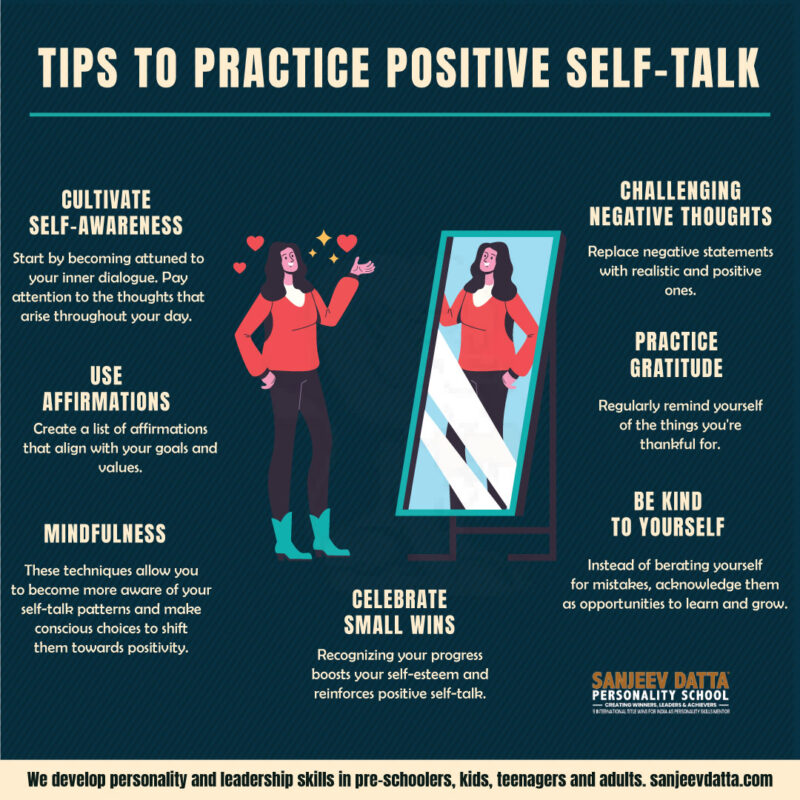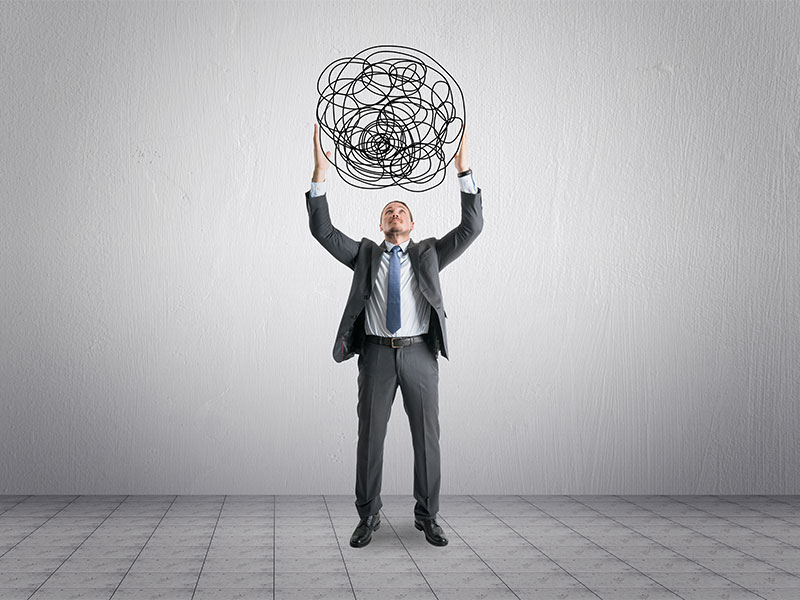Competitions, whether in sports, academics, or the workplace, require more than just physical prowess or intellectual acumen. Success often hinges on an individual’s mental strength. Building mental strength for competitions is not just about training the mind to focus and stay calm under pressure but also about cultivating resilience, determination, and a positive mindset. In this comprehensive guide, we will explore strategies and practices for how to build mental strength, enabling you to perform at your best when it matters most.
Introduction
In the realm of competition, the difference between victory and defeat is frequently determined not by physical capabilities or technical skills but by the strength of the mind. Learning how to build mental strength for competitions is a crucial component for achieving peak performance. Mental strength encompasses the ability to stay focused, remain confident, and handle the pressures and setbacks that inevitably arise in competitive environments. This article delves into the essence of mental toughness and provides actionable strategies to help individuals enhance their mental resilience and thrive under competitive pressures.
Understanding Mental Strength

Before diving into specific strategies, it’s essential to understand what mental strength entails. Mental strength, often referred to as mental toughness, is the capacity to maintain focus, determination, and confidence in the face of adversity. It involves several key components:
- Resilience: The ability to bounce back from setbacks and failures.
- Focus: The capacity to maintain concentration on goals and tasks despite distractions.
- Confidence: A belief in one’s abilities and the assurance to perform under pressure.
- Emotional Control: Managing emotions effectively to remain calm and composed.
- Motivation: Sustaining a high level of drive and determination.

The Importance of Mental Strength in Competitions

Mental strength is crucial in competitions for several reasons:
- Performance Under Pressure: High-pressure situations can lead to anxiety and stress, which can impair performance. Mental strength helps individuals stay calm and focused, enabling them to perform at their best.
- Consistency: Consistent performance requires mental toughness to maintain focus and motivation over time.
- Handling Adversity: Competitions often involve setbacks and failures. Mental strength allows individuals to recover quickly and continue striving towards their goals.
- Building Confidence: Confidence is critical in competitions. Mentally strong individuals believe in their abilities, which enhances their performance.
Visit: how to build positive self esteem
Strategies to Build Mental Strength

Building mental strength is a continuous process that involves a variety of strategies and practices. Here are some effective methods:
- Setting Clear Goals
Goal-setting is a fundamental aspect of building mental strength. Clear, specific goals provide direction and motivation. They help individuals focus their efforts and measure their progress. Here’s how to set effective goals:
- SMART Goals: Ensure your goals are Specific, Measurable, Achievable, Relevant, and Time-bound.
- Short-term and Long-term Goals: Set both short-term and long-term goals to keep yourself motivated and on track.
- Write Them Down: Document your goals and review them regularly to stay focused and motivated.
- Developing a Positive Mindset
A positive mindset is crucial for mental strength. It involves maintaining an optimistic outlook, even in the face of challenges. Here are some ways to develop a positive mindset:
- Positive Affirmations: Use positive affirmations to boost your confidence and self-belief.
- Visualization: Visualize success and positive outcomes. This can enhance your confidence and motivation.
- Gratitude: Practice gratitude by acknowledging and appreciating the positive aspects of your life and achievements. Develop the self-assurance and emotional intelligence needed to navigate life’s challenges and seize opportunities with our competitive personality development course!
- Building Resilience
Resilience is the ability to bounce back from setbacks and failures. It’s a key component of mental strength. Here’s how to build resilience:
- Learn from Failures: View failures as opportunities to learn and grow.
- Stay Flexible: Be adaptable and open to change. This helps you navigate challenges more effectively.
- Seek Support: Surround yourself with supportive people who can provide encouragement and guidance.

- Enhancing Focus and Concentration
Focus and concentration are essential for peak performance in competitions. Here are some techniques to improve these skills:
- Mindfulness and Meditation: Practice mindfulness and meditation to enhance your ability to concentrate and stay present.
- Eliminate Distractions: Identify and eliminate distractions in your environment.
- Prioritize Tasks: Prioritize tasks and focus on one task at a time to improve your concentration.
- Managing Stress and Anxiety
Stress and anxiety can undermine performance. Effective stress management is crucial for building mental strength. Here are some strategies:
- Relaxation Techniques: Practice relaxation techniques such as deep breathing, progressive muscle relaxation, and visualization.
- Exercise: Regular physical exercise can help reduce stress and improve mental well-being.
- Healthy Lifestyle: Maintain a healthy lifestyle with a balanced diet, adequate sleep, and regular exercise.
Visit: how to practice perseverance
- Building Confidence
Confidence is a key component of mental strength. Here’s how to build and maintain confidence:
- Preparation: Thorough preparation can boost your confidence and reduce anxiety.
- Positive Self-talk: Use positive self-talk to build your confidence and self-belief.
- Celebrate Successes: Acknowledge and celebrate your achievements to build your confidence.
- Staying Motivated
Motivation is essential for maintaining focus and drive. Here are some ways to stay motivated:
- Intrinsic Motivation: Focus on intrinsic motivation, which comes from within, rather than external rewards.
- Find Your Why: Understand your reasons for competing and use them to stay motivated.
- Stay Passionate: Engage in activities you are passionate about to maintain your motivation.
Practical Exercises for Building Mental Strength
Practical exercises can help build and reinforce mental strength. Here are some effective exercises:

- Mental Imagery
Mental imagery involves visualizing successful outcomes and performances. It can enhance confidence and focus. Here’s how to practise mental imagery:
- Find a quiet place where you won’t be disturbed.
- Close your eyes and visualize yourself performing successfully in your competition.
- Use all your senses to make the visualization as vivid and realistic as possible.
- Journaling
Journaling can help you process your thoughts and emotions, reflect on your experiences, and track your progress. Here’s how to use journaling effectively:
- Set aside time each day to write in your journal.
- Reflect on your thoughts, emotions, and experiences.
- Write about your goals, progress, and any challenges you face.
- Affirmations
Affirmations are positive statements that can help boost your confidence and self-belief. Here’s how to use affirmations:
- Write down a list of positive affirmations related to your goals and abilities.
- Repeat your affirmations daily, preferably in front of a mirror.
- Believe in the affirmations and internalize them.
- Breathing Exercises
Breathing exercises can help reduce stress and anxiety and improve focus. Here’s a simple breathing exercise:
- Sit or lie down in a comfortable position.
- Close your eyes and take a deep breath in through your nose, counting to four.
- Hold your breath for a count of four.
- Exhale slowly through your mouth for a count of four.
- Repeat the process for several minutes.
The Role of Mental Strength in Different Types of Competitions
Mental strength is crucial in various types of competitions. Here’s how it plays a role in different contexts:
- Sports Competitions
In sports, mental strength is essential for maintaining focus, managing pressure, and recovering from setbacks. Athletes with strong mental resilience are more likely to perform consistently and achieve their goals.
- Academic Competitions
In academic competitions, mental strength helps students stay focused, manage exam stress, and overcome challenges. It enables them to perform at their best and achieve their academic goals. Master the art of self-improvement with our all-inclusive personality development training programs – from public speaking to networking, gain the skills to excel in any situation!
- Workplace Competitions
In the workplace, mental strength is crucial for handling job pressures, meeting deadlines, and achieving professional goals. It helps individuals stay motivated, manage stress, and maintain a positive attitude.
Building Mental Strength Through Coaching and Training
Coaching and training can play a significant role in building mental strength. Here’s how:
- Sports Psychology
Sports psychologists can help athletes develop mental strength through various techniques and strategies. They work with athletes to enhance their focus, confidence, and resilience.
- Mentorship
Mentorship can provide guidance, support, and encouragement, helping individuals build mental strength. A mentor can share their experiences, offer advice, and provide motivation.
- Workshops and Seminars
Workshops and seminars on mental strength can provide valuable information and techniques. They offer opportunities to learn from experts and practice new skills.
Visit: benefits of self determination
Conclusion
Building mental strength for competitions is a multifaceted process that requires dedication and practice. By setting clear goals, developing a positive mindset, building resilience, enhancing focus, managing stress, building confidence, and staying motivated, individuals can enhance their mental toughness and perform at their best. Practical exercises such as mental imagery, journaling, affirmations, and breathing exercises can reinforce these strategies. Understanding the role of mental strength in different types of competitions and seeking guidance from coaches and mentors can further enhance mental resilience. Ultimately, learning how to build mental strength is a journey that can lead to greater success and fulfillment in any competitive endeavor.
Why Sanjeev Datta Personality School?
- Interview Training
- Leadership
- Presentation Training
- Social Boldness
- Dressing Etiquette
- Office Etiquette
- Communication Skills
- English Speaking
- Anger Management
- Time Management
- Team Building
- Performance Enhancer
- Soft Skills
- Goal Setting
- Career Counselling
- Student Subject Choice Counselling
- Listening Skills
- Video Presentation
- Meditation
For more details, contact us now!


